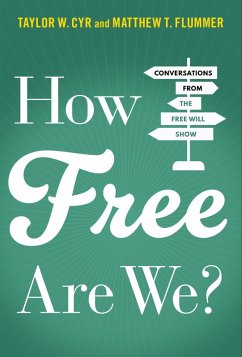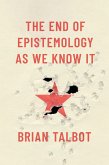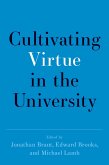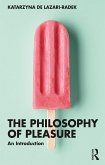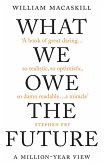Free will comes up in everyday conversations all the time. "She did that of her own free will." "He could have done something else instead." "It's my choice." "That's up to you." How we think about free will-and the closely-related concept of moral responsibility-is essential to how we think about our lives. We frequently praise and blame each other, and ourselves, for the choices we make, believing that this is appropriate because the person we're holding responsible possesses free will. But what does it mean to have free will? Do any of us have it at all? If so, then how much? These and related questions are at the heart of debates about free will in philosophy.
How Free Are We? contains a collection of edited interviews from
The Free Will Show, a podcast by the philosophers Taylor W. Cyr and Matthew T. Flummer, highlighting recent developments on the topic. In an accessible and conversational format, a variety of scholars introduce the main issues and arguments in the free will debate, including various apparent threats to free will-such as fatalism, foreknowledge, and determinism-as well as the Consequence Argument, and the problem of luck. After building this foundation, later interviews introduce main positions and questions in debates surrounding free will, including several varieties of libertarianism, compatibilism, a version of free will scepticism, and others that do not fit neatly into any of these categories. With original introductions, bibliographies, and suggestions for further reading to accompany each interview, in addition to an afterward and a glossary of terms,
How Free Are We? serves as a primer for those seeking an introduction to the topic and a window into what leading philosophers are currently thinking about and debating in this field.
Dieser Download kann aus rechtlichen Gründen nur mit Rechnungsadresse in A, B, BG, CY, CZ, D, DK, EW, E, FIN, F, GR, HR, H, IRL, I, LT, L, LR, M, NL, PL, P, R, S, SLO, SK ausgeliefert werden.

